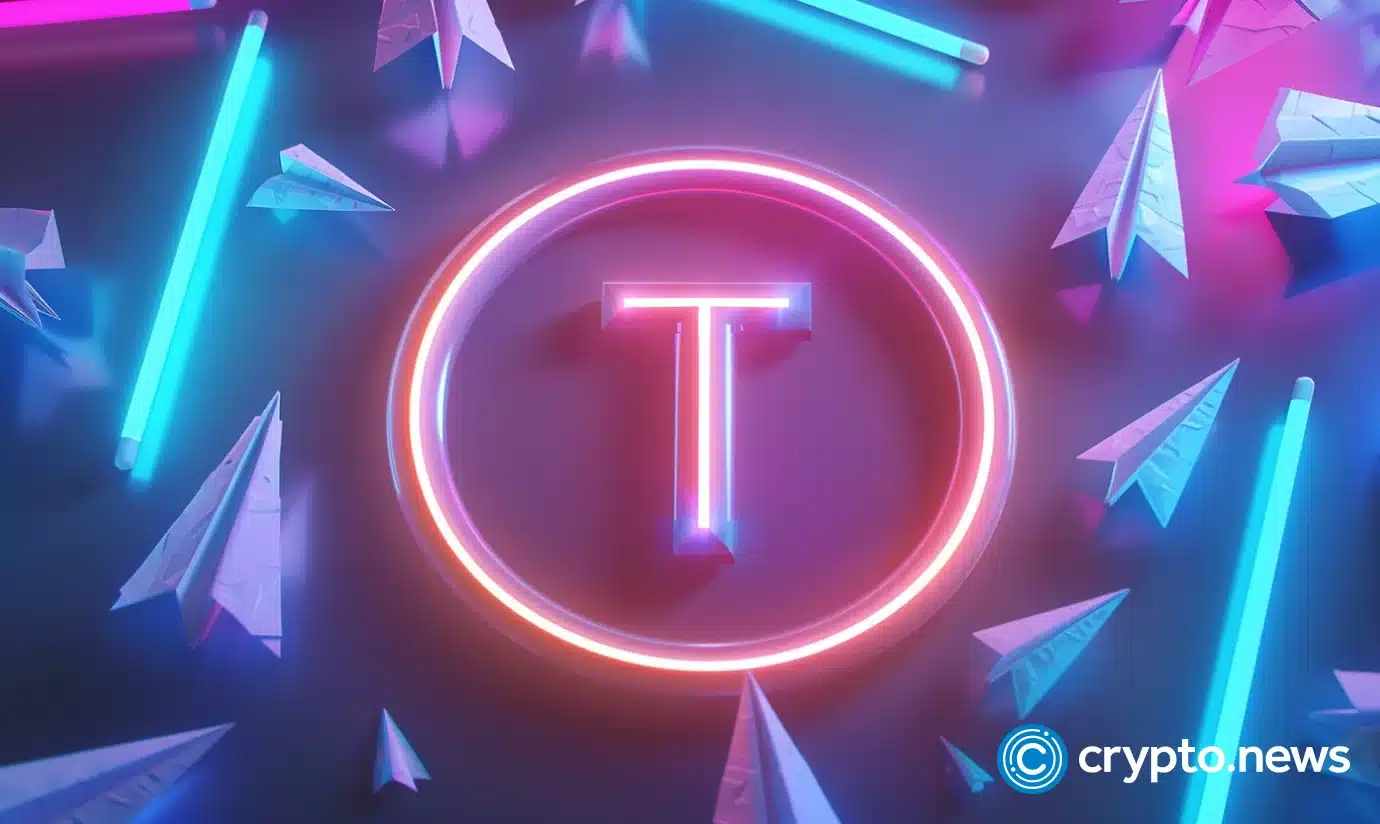Tether CEO Paolo Ardoino believes MiCA’s latest regulatory move puts banking systems and the use of stablecoins in the EU at a “systemic risk.”
In a recent interview with Cointelegraph, Ardoino shared his concerns about a passed MiCA regulation that took effect on June 30. See below.
The newly implemented law requires stablecoin issuers under the EU to keep at least 60% of their reserves in EU-based bank accounts.
The CEO highlighted that the regulation could be problematic because EU cash deposits above €100,000 are not insured, a relatively small quantity for stablecoin companies like Tether (USDT). He argued that the limitations may cause issues similar to those experienced during Silicon Valley Bank’s collapse in 2023.
They had $3.3 billion in cash deposits in Silicon Valley Bank. Silicon Valley Bank went belly up. We all know about that.
Tether CEO Paulo Ardoino
He warned that such requirements might endanger stablecoins and exacerbate weaknesses within the banking sector.
The CEO explained how financial institutions function on a fractional reserve banking system, where only a small portion of deposited funds are available for timely withdrawals. In the case of a withdrawal request surge, banks will become highly susceptible to runs, which may likely lead to financial instability.
Ardoino criticized the MiCA regulation, arguing that it introduces significant systemic risks rather than enhancing system security.
The Tether CEO was also asked about Republican U.S. presidential nominee Donald Trump’s plan to create a strategic Bitcoin reserve for the U.S. if elected. He expressed strong support, noting that central banks, particularly in Asia, have increased their gold reserves.
He showcased how Bitcoin offers superior advantages over gold, although it is less “understood.” According to Ardoino, Bitcoin is a currency governed by objective mathematical principles, not human trust, making it a valuable asset for national reserves.
Moreover, he believes if the U.S. started acquiring and holding Bitcoin as a reserve asset, it would set a significant precedent and inspire other countries to follow suit.
Other crypto experts, however, have argued against having a Bitcoin reserve, citing its volatility.
Ardoino also mentioned that Tether holds a portion of its reserves and profits in Bitcoin. He suggested that if the U.S. adopted a strategic Bitcoin reserve, it would validate Tether’s strategy and confirm that its approach to including Bitcoin in its portfolio was “correct all along.”
For the full interview, see below.





